GMA is committed to supporting Georgia’s cities through initiatives that foster civic engagement, promote leadership, and strengthen communities. Our focused efforts aim to create positive, lasting impacts by addressing key areas that matter most to our municipalities and the people they serve.
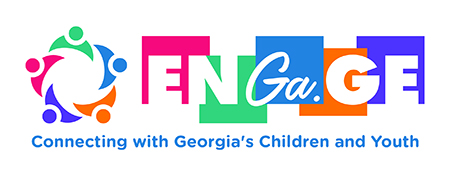
Children and Youth
Engage: Connecting with Georgia's Children and Youth is a joint initiative of the Georgia Municipal Association and GeorgiaForward, GMA's 501(c)(3), focused on helping cities and city officials connect with children and youth in their communities, engage them civically, and proactively address the issues they face.
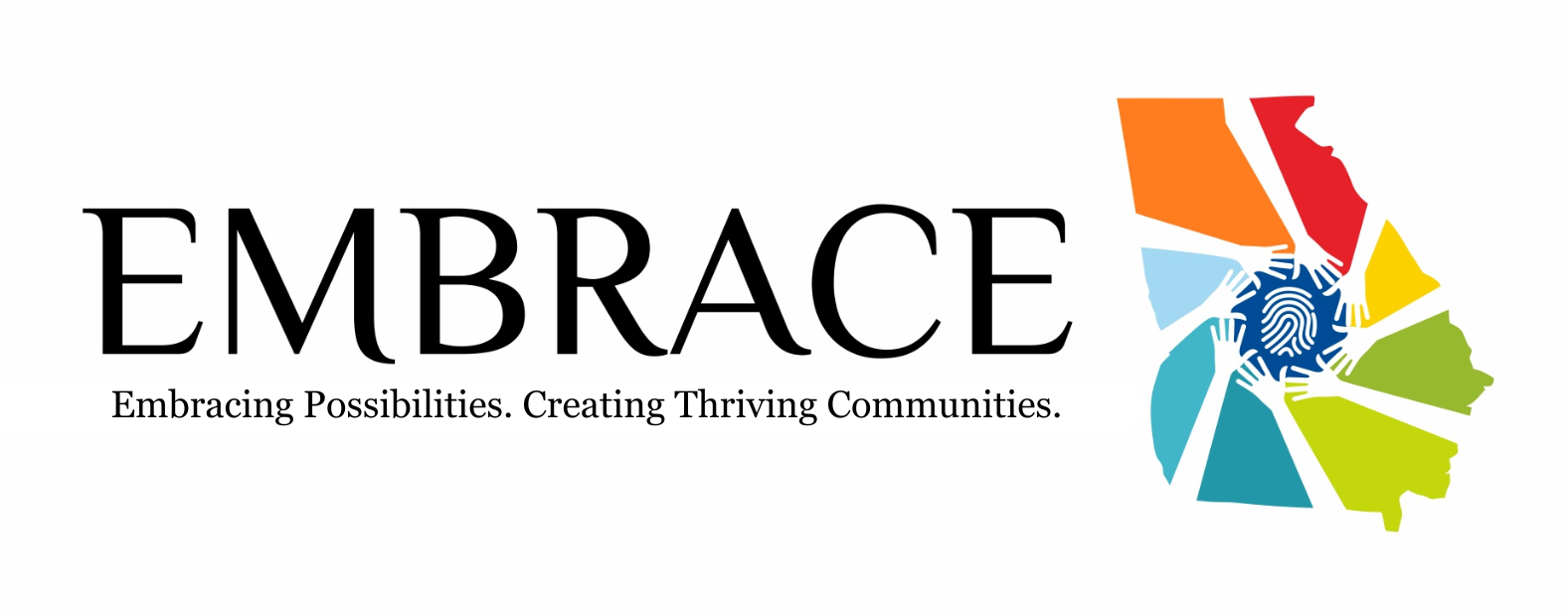
Community and Workplace Culture
The Embrace program was developed to help cities strengthen leadership, enhance collaboration, and drive community and workplace success by equipping city and community leaders with practical tools and strategies that fosters innovation, effective engagement, and sustainable growth.
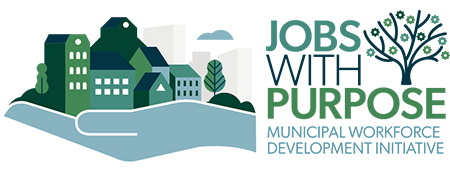
Municipal Workforce Development
GMA's Jobs With Purpose: Municipal Workforce Development Initiative was launched in 2021 with the goal of helping local leaders across the state proactively address their workforce development needs.
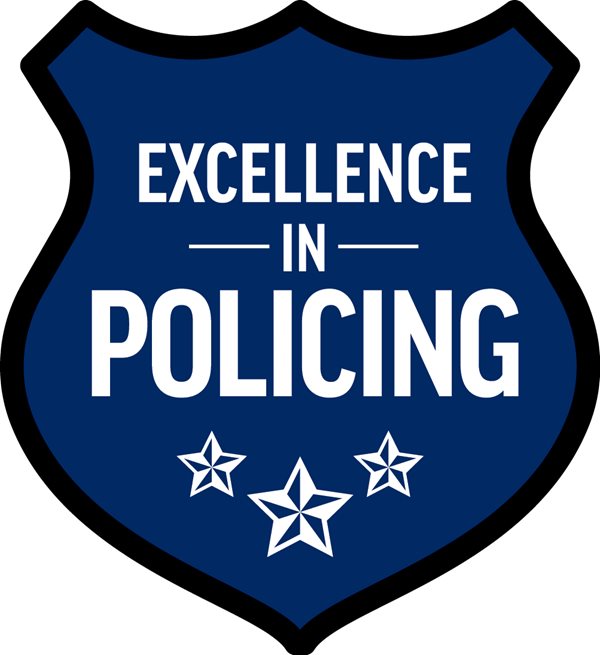
Excellence in Policing
The Excellence In Policing Certification program provides Georgia law enforcement agencies with model policies, resources, and best practices that meet standards in line with other certification programs and can be implemented in a cost-effective and efficient manner.

Embrace Civility
The Embrace Civility initiative encourages Georgia’s municipal leaders to model respectful, productive discourse, even in disagreement. Through resources like the civility pledge and "9 Pillars of Civility," cities can foster trust, enhance civic engagement, and earn recognition as a City of Civility.
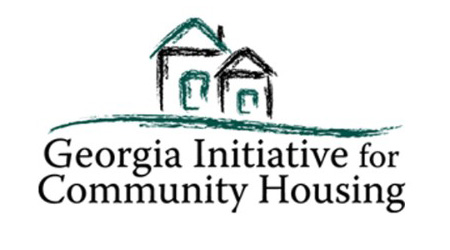
Georgia Initiative for Community Housing
The Georgia Initiative for Community Housing helps communities improve their quality of life and economic vitality through the development of locally-driven housing and revitalization strategies.